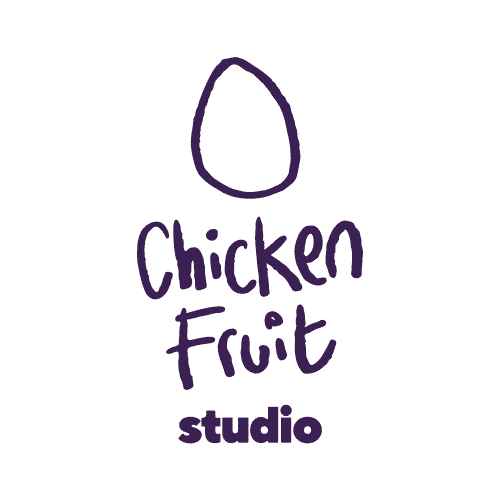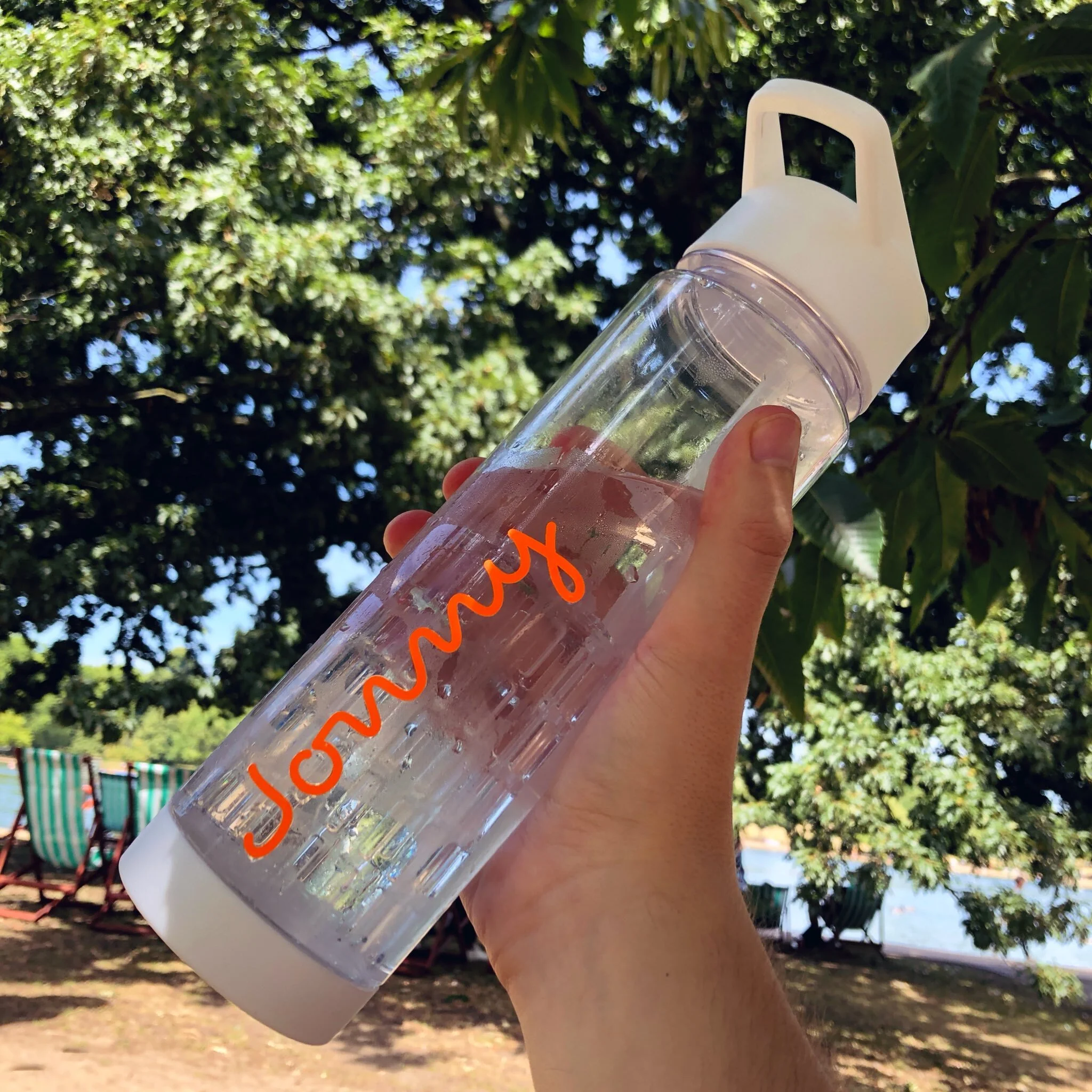The environment is in a bit of a mess, isn’t it?
Our beloved film and TV industry doesn’t help; making one hour of TV produces 13.5 tonnes of CO2. Here are some other things that produce 13.5 tonnes of CO2:
- Running a household for three years [1]
- Travelling 80,000 miles by bus (from London to South Africa and back… five times) [2]
- A year’s carbon output for approx 130 Malawian people [3]
- Nearly 17 million apples. [3]
We knew we needed to educate ourselves about the industry’s effect on our struggling planet. Also, we submitted a film pitch that had carbon training as a requirement. But mainly it was that first thing.
In November 2019, Chicken Fruit producer Lindsey went along to NBCUniversal to attend a training course on sustainable production, run by the BAFTA Albert Consortium.
A quick side note, because “BAFTA Albert Consortium” is a lot of words that don’t really mean anything. Albert is an organisation dedicated to eliminating carbon waste from film and TV production. Sometimes, you see a footprint at the end of a show/film’s credits; this means that production took steps to measure and reduce their carbon output.
Albert is governed by BAFTA. Unfortunately, there were no actual BAFTAs awarded for attending the training session, but we did get a couple of nice-looking certificates that we’ve put on our office wall to make ourselves feel fancy.
The training session was completely free (free! still not over this) and ran from 10am–5pm. It was led by Dr Susi Arnott, a research biologist who has worked in film and TV for over 35 years. Also, there were free biscuits (which, ironically given the dairy industry's effect on the planet, were not vegan).
The first half of the day was dedicated to giving an overview of the carbon problem that we face. Lindsey went in as a plastic-shunning, non-driving vegetarian who felt like she was pretty clued up on the whole environment thing; she learned SO much from Susi.
The morning laid out in very specific terms:
- the science behind carbon emissions and other harmful gases
- which actions make a real difference to an individual’s emissions, and which are mere “toe prints”
- what action is being done, and why more action is not being taken.
At one point, we even broke out those little plastic atom kits that you use in GCSE chemistry and Lindsey almost imploded from the sudden resurgence of her aggressive and unsightly need to be top of the class.
We had a break for lunch (wherein we all scattered around Bloomsbury, traumatised, and tried to find the most carbon-efficient lunch we could) and reconvened for the second half of the day, which focused specifically on carbon emissions in the film and TV industry.
The course was aimed at anyone in film and TV production, from legal teams to directors to drivers to make-up artists. However, as an animation studio, a lot of the things that affect a set’s carbon footprint wasn’t super relevant to us.
For example, the main bulk of that 13.5 tonnes of carbon produced to make an hour of TV is from:
- Travel of cast and crew to locations
- Resources – sets, costumes, equipment
- Catering
- Energy of running the set – lighting, cameras, other tech equipment
- Physical effects – pyrotechnics etc.
We are an animation studio that runs from an office which is also our spare bedroom. Producing an overabundance of carbon shipping crew members around the world when filming on location is not really a problem we have.
Nevertheless, there were lessons to be learned. (Lindsey would say that, wouldn’t she? Swot.) It’s important for all forms of media to consider how environmentally friendly decisions are portrayed, no matter how the media itself was made.
For example, ITV’s Love Island(!) was commended by Albert for having re-usable water bottles feature visibly in the show. These personalised bottles were also offered as a merchandise option, leading to the sale of over 260,000 of them, which hopefully made at least a small dent in the purchase of single-use bottles.
This is to be contrasted with media that portrays people making decisions for environmental reasons as boring, annoying losers who won’t stop talking about how vegan they are. These messages are just as present in animated content as they are in live-action.
In order to gain the Albert carbon literate accreditation, you have to make three achievable goals that you will enact in your working life to lessen your workplace’s carbon footprint. For the aforementioned reasons, we struggled a little bit, but here is what we vow to stick to as much as possible:
- Take our energy from renewable sources. Most of our footprint comes from the electricity we use to power our animation factory (again, spare room); we switched energy suppliers to one that uses 100% renewable electricity.
- Go paperless. In the past, we have printed out storyboards, contracts, sketches, scripts. We don’t do that any more! (In fact, we’ve only printed one thing since taking the course in November: a form we had to fill in for our bank, who wouldn’t let us send them a pdf.)
- When working with freelancers or other studios, ask about their carbon policy. It may be that nobody will have one, but by asking, it’s possible we will put it on their radar. If one freelancer who works from home switches their energy supplier because they know it’s something studios are considering, that’s just under a tonne of CO2 saved per year [4]. Multiply that by every freelancer working across the industry, and that number goes up. And then if that causes people to stop and consider what other behaviours they could change – well. It’s all a step in the right direction, isn’t it?
The free Albert training is on hold for now due to COVID-19, but they are already looking into moving the sessions online (which would save carbon from people not travelling anyway! \o/). Chicken Fruit heavily recommends attending if you have any sort of role in film or TV production. Book at: https://wearealbert.org/about/free-training/
Sources:
- 1: wearealbert.org/about/free-training
- 2: carbonfootprint.com/calculator.aspx
- 3: How Bad Are Bananas, Mike Berners-Lee, 2010
- 4: independent.co.uk/voices/climate-change-carbon-emissions-family-household-flights-vegan-a9203096.html
More info:
- carbonfootprint.com/calculator.aspx
- wearealbert.org/production-handbook
- Book recommendation: How Bad Are Bananas, Mike Berners-Lee.







